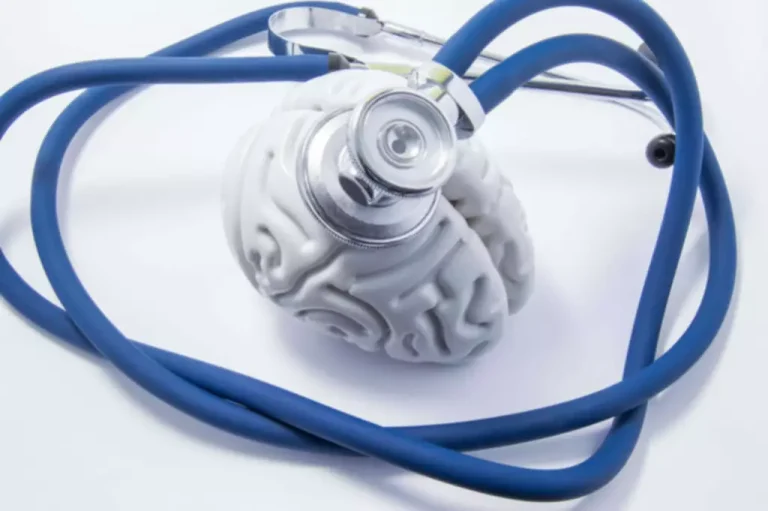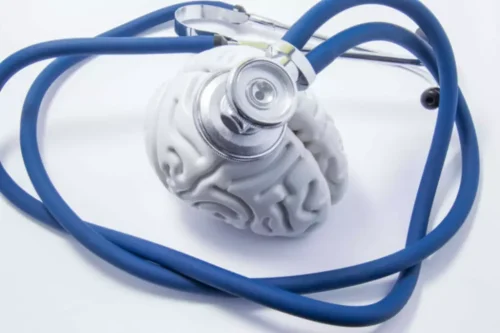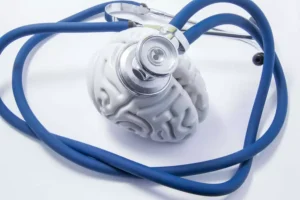
This comprehensive approach is necessary to address both the addiction itself and the social or environmental factors that contribute to it. Much is still unknown about the effects of alcohol on mental health long-term, but it can certainly aggravate the symptoms of pre-existing is alcoholism a mental illness mental health disorders and cause symptoms of certain disorders during active abuse. For those without pre-existing mental health disorders, symptoms can go away with abstinence. For those with pre-existing conditions, abstinence can reduce symptoms and the mental health condition can be treated more effectively. Footprints to Recovery offers a full continuum of addiction and mental health treatment programs that include individual therapy, group therapy, and family therapy using the techniques above and others. Our clinical team is experienced and skilled in providing exceptional care to everyone in need.
- Though alcoholism and other mental illnesses commonly co-occur, the cause-effect relationship between these conditions can vary from person to person.
- People with chronic pain are more likely to experience mental health issues like depression, anxiety and substance use disorder.
- Clear Behavioral Health offers detox services in Gardena, CA and Redondo Beach, CA, where our dedicated team of nurses and doctors will help you or your loved one detox from alcohol in a safe, controlled, and comfortable environment.
- The researchers found that alcohol consumption reduced negative feelings, although the reduction was small and nonspecific to their depression or AUD status.
- If political stress starts to feel overwhelming, don’t hesitate to reach out for support, including from a trusted friend or supportive community.
Help with Mental Illness and Alcohol Addiction

Experts describe an alcohol use disorder as a medical condition that makes it difficult for a person to stop drinking, even when alcohol misuse causes serious problems, such as health consequences. If you or your loved one struggles with alcohol abuse, you might withdraw from relationships, miss family functions, increase financial instability, and put your children in danger. Those living with people who are struggling with alcoholism can struggle with their own anxiety, depression, and feelings of helplessness. Due to repeated broken promises, dishonesty, and erratic behavior, alcohol abuse causes a severe lack of trust in intimate relationships. Children are also deeply affected by alcohol abuse as they often blame themselves, feel ashamed, and suffer from trauma and emotional neglect because of their relative’s drinking 7.

Social Withdrawal

It aligns with the view that alcohol dependence is not a choice or a moral failing, but a medical condition that requires appropriate care and treatment. A compulsive need to consume alcohol despite the physical, psychological, and social ramifications characterize this end-stage. In many cases, obsessive alcohol abusers are also more often under the influence of alcohol than not. Erin is a Nurse Practitioner with 8 years of experience in midwifery and women’s health.

What is Alcohol Use Disorder (AUD)?
Reach out to your physician, mental health professional, or addiction specialist for guidance. When an individual has both a mental illness and an alcohol addiction simultaneously, the clinical diagnosis is co-occurring disorder, comorbidity, or dual diagnosis. Co-occurring disorders can be difficult to diagnose, as one disorder may mask symptoms of the other. The effects of alcohol on the brain are complex, and improved understanding of the factors that affect an individual’s vulnerability to AUD and depression is critical to identify and initiate early, effective treatment. However, few studies have examined how people with AUD respond to alcohol either in controlled laboratory settings or the natural environment; including individuals with AUD and another co-morbid diagnosis adds to the complexity. Multiple risk factors affect whether someone develops alcohol addiction, including genetics, biology, and environmental and social influences.
- In these cases, during treatment, the person will be asked numerous questions about their symptoms prior to substance abuse.
- The bottom line is that alcoholism is a medical issue, though not always a simple one.
- It may seem as if a person with an alcohol use disorder is no longer interacting socially, or they may only socialize when an activity involves alcohol consumption.
- Predictably, the alcoholic beverage industry opposes more restrictive guidelines.
People with mental illness may also experiment early because of peer pressure. When you drink heavily and frequently over a long period of time, it causes changes in your brain that can lead to or worsen mental health issues. Some people are just more prone to addiction and alcoholism due to genetics, environment, mental issues, or a combination of factors. The medical community officially recognizes alcoholism as a disease, and it is listed in the Diagnostic and Statistical Manual of Mental Disorders (DSM). Alcoholism or alcohol use disorder is not just a bad habit or lack of discipline; it’s a serious mental illness that requires professional help.
What Makes Alcohol Addiction a Mental Disorder?
It also helps uncover automatic negative thoughts and beliefs that lead you to self-destructive behaviors or emotional distress. The co-occurring mental health issues can lead to a cycle in which the user is drinking to alleviate symptoms of a disorder (for example, depression). At the same time, excessive alcohol use and abuse are likely making the symptoms of depression worse for the alcoholic.
Our insurance verification team can help you understand what’s available under your policy. If you don’t have insurance, our admissions coordinators will let you know about your payment options. Contact us today Drug rehabilitation and learn more about better mental health and recovery from alcoholism.
